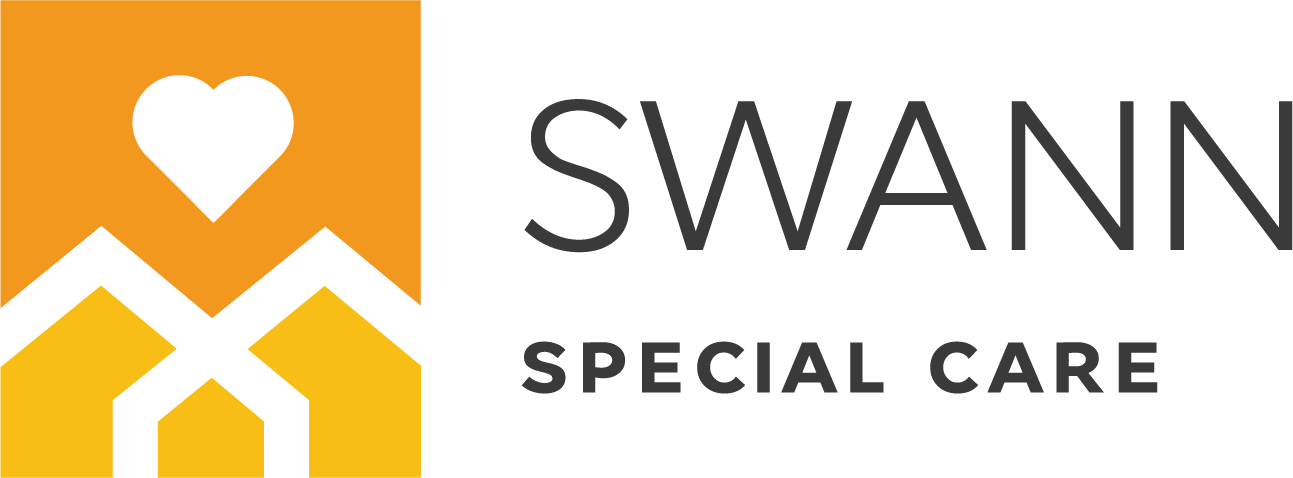HutsonWood Privacy & Communications Policy
Effective Date: October 1, 2025
Last Updated: October 1, 2025
HutsonWood (“Community,” “We,” “Us”) respects your privacy and is committed to protecting it. This Privacy & Communications Policy describes how we collect, use, maintain, protect, and disclose information you provide to us through our website, electronic communications, and text messaging services.
By accessing or using our website, providing your information, or opting in to text communications, you agree to the terms of this Privacy & Communications Policy. If you do not agree, your recourse is not to use our services. However, you may opt out of certain tracking and communications as described below.
Information We Collect
We may collect several types of information from and about you, including:
- Personal Information: such as your name, postal address, email address, telephone number, or mobile number.
- Non-Personal Information: such as your age, gender, interests, how you came to our website, and usage data.
- Technical Information: including your IP address, browser type, device details, Internet connection, and location.
- Text Message Information: if you opt in to receive SMS communications, we collect and store your mobile number, consent status, and records of message interactions.
We collect information in three ways:
- Directly from you when you provide it (e.g., website forms, event registration, text message opt-in).
- Automatically as you interact with our website (via cookies, analytics, and tracking technologies).
- From third parties such as business partners or advertising platforms.
How We Use Your Information
We use the information we collect, including personal information, to:
- Provide you with the information, products, or services you request.
- Send appointment confirmations, reminders, service updates, or alerts.
- Communicate promotional offers, event announcements, and marketing information (if you’ve opted in).
- Improve our website, communications, and services.
- Allow you to participate in interactive website features.
- Fulfill any other purpose disclosed to you at the time of collection or with your consent.
We never sell your personal information.
Text Messaging Policy
By opting in via our website, form, or other method, you provide prior express written consent to receive SMS communications from HutsonWood.
- All SMS messages will begin with “HutsonWood:” to identify the sender.
- You may receive both transactional (appointment confirmations, service alerts, customer support) and promotional (offers, event announcements) messages.
- Message frequency varies depending on your interactions and may exceed 10 messages per month.
- Opt-Out Instructions: You may opt out of promotional messages at any time by replying STOP to any message. Reply HELP for assistance or contact us at info@hutsonwood.org or (615) 647-9004. Opt-out requests are processed immediately, though you may still receive service-related messages.
- Message and data rates may apply. Carriers are not liable for delayed or undelivered messages.
Cookies, Tracking, and Analytics
We may use cookies, web beacons, Flash cookies, and tracking technologies to:
- Estimate audience size and usage patterns.
- Store preferences and improve user experience.
- Recognize you when you return to our website.
- Track advertising effectiveness.
We use Google Analytics and related advertising tools (such as DoubleClick cookies and Floodlight tags). You may opt out using the Google Analytics Opt-out Browser Add-on or manage ad settings via Google Ads Settings.
Your Choices
You have choices regarding how we use your information:
- Email/Promotional Communications: Unsubscribe using the link in any email, email us at info@hutsonwood.org or (615) 647-9004.
- Text Messages: Reply STOP to opt out of promotional messages.
- Cookies: Adjust your browser settings to refuse or disable cookies.
Accessing and Correcting Your Information
You may request access to, correction of, or deletion of your personal information by contacting us at info@hutsonwood.org or (615) 647-9004. We may not accommodate a request if it conflicts with legal requirements or would cause inaccuracies.
Data Security
We use measures designed to protect your personal information from unauthorized access, use, alteration, and disclosure.
- Website data is stored on secure servers behind firewalls.
- SMS data is stored securely in accordance with this policy.
Please note: Transmission of information via the internet or SMS is not completely secure. While we do our best to protect your information, we cannot guarantee absolute security.
Minors
Our website, services, and communications are not directed to individuals under the age of 18. We do not knowingly collect or market to minors.
Policy Updates
HutsonWood reserves the right to update this policy at any time. Updates will be posted on this page with a revised effective date.
Contact Information
Questions, concerns, or complaints about this Privacy & Communications Policy or its enforcement can be directed to:
HutsonWood
103 Powell Ct., Suite 460, Brentwood, TN 37027
info@hutsonwood.org
(615) 647-9004

